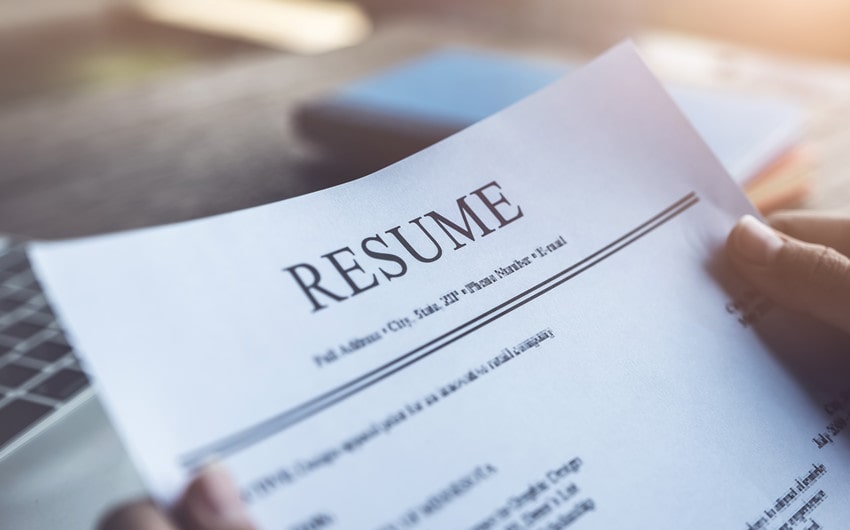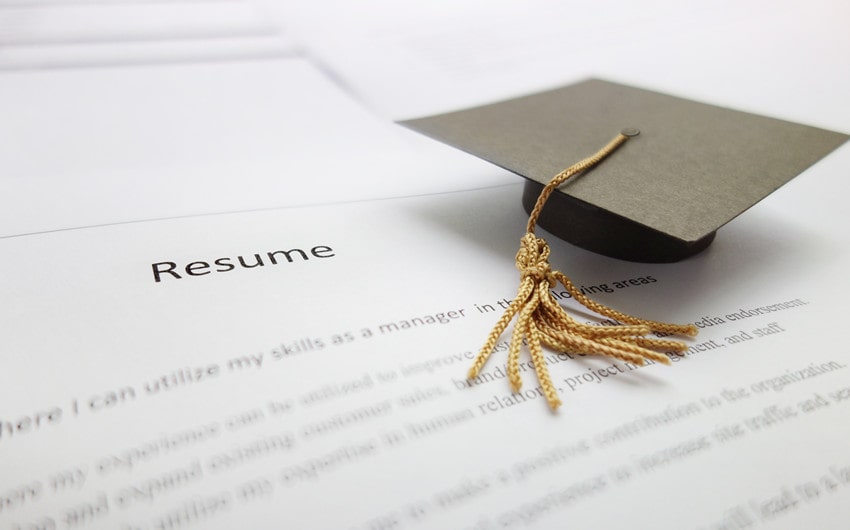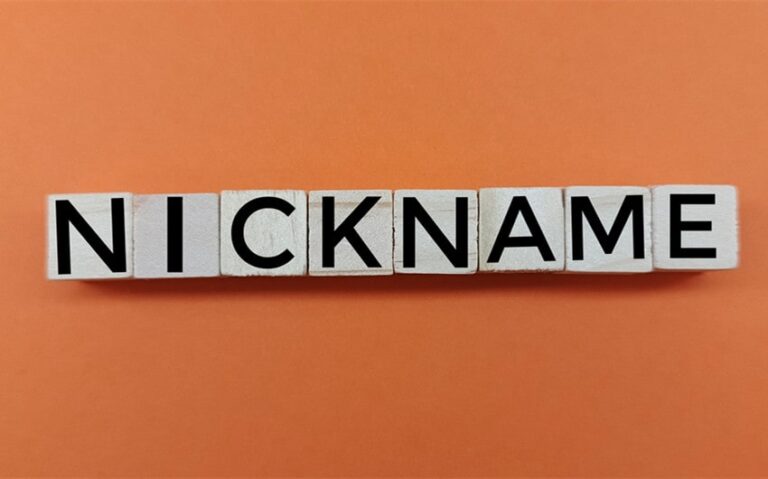How Do You Write Expected Graduation Date On Resume?
If you’re still in school but actively job hunting, you’ve probably wondered how to show your academic progress without a completed degree. Employers don’t expect you to be finished—they just want to know when you will be. That’s why many students ask: how do you write expected graduation date on resume? Including this detail the right way can make your application clearer and more professional. It helps hiring managers understand your timeline and see that you’re planning ahead.
Whether you’re applying for internships or entry-level roles, knowing how to do this properly can give your resume a strong edge.
When You Should Include an Expected Graduation Date
Knowing when to include your expected graduation date on your resume can make a real difference—especially if you’re still completing your degree. Including this information shows you’re on a clear path and helps employers understand where you stand in your academic journey. Below are common scenarios where it’s both appropriate and helpful to include your expected graduation date.
You’re a Current Student
If you’re still enrolled in school—whether it’s high school, college, or graduate school—listing your expected graduation date is essential. It shows that your education is in progress and gives employers a timeline for when you’ll complete your degree. This is especially important for internships or part-time positions where employers want to align job opportunities with your academic schedule.
You’re Applying Before Graduating
Many students begin applying for jobs or internships months before their official graduation. In this case, including your expected graduation date gives hiring managers a clear idea of when you’ll be available for full-time work. It’s a simple way to avoid confusion and helps demonstrate that you’re actively planning for your career even before finishing school.
You’ve Returned to School After a Break
If you took a gap in your education and are now completing your degree, your resume should reflect that progress. Including an expected graduation date shows you’re back on track and working toward a specific goal. Employers appreciate transparency and commitment—this detail can help show both.
Where to Put Your Expected Graduation Date on a Resume
Your expected graduation date should always be listed in the Education section of your resume. This is the most logical and professional place to include it, as hiring managers will naturally look there to find information about your academic background. Placing it elsewhere can confuse recruiters or make your resume look disorganized.
Start by listing your school’s name, followed by your degree (e.g., Bachelor of Arts in Psychology). Underneath or beside that, you can include your expected graduation date. You might write it as “Expected May 2026” or “Anticipated Graduation: Spring 2026.” Keep the format clean and consistent with the rest of your resume.
If you’re pursuing multiple degrees or certificates, list each one separately with its corresponding expected graduation date. Make sure the date is clearly visible—preferably in line with or directly below the degree title—so employers don’t have to search for it.

How to Properly Write the Expected Graduation Date
Including your expected graduation date on a resume might seem straightforward, but using the right format makes a big difference. It’s not just about what you say—it’s how clearly and professionally you present it. Below are helpful tips and examples based on different educational levels and situations.
Use Clear and Simple Language
Keep your wording professional and easy to understand. Avoid vague phrases like “planning to graduate soon” or “end of next year.” Instead, use clear terms such as:
-
Expected May 2026
-
Anticipated Graduation: Spring 2026
-
Degree Expected: December 2025
Use the same tense and format throughout your resume to ensure consistency. Employers appreciate resumes that are neat, easy to scan, and free from unnecessary wording.
Example for Undergraduate Students
If you’re an undergraduate working toward a bachelor’s degree, here’s how it should look in your Education section:
University of Florida
Bachelor of Science in Biology
Expected Graduation: May 2025
This format tells employers what you’re studying, where, and when you plan to finish—all at a glance.
Example for Graduate Students
Graduate students should follow a similar structure but can also include specific research areas if relevant:
New York University
Master of Public Health, Global Health Track
Anticipated Graduation: December 2024
Adding a concentration or track is optional but helpful for positions in specialized fields.
Example for High School Students
If you’re still in high school and applying for part-time jobs or internships:
Lincoln High School, Seattle, WA
High School Diploma
Expected: June 2025
This lets employers know you’re a student and when you’re set to graduate, which can help them schedule work around your school commitments.
Using a clear, direct format for your expected graduation date shows employers that you’re detail-oriented and professionally prepared—even if you haven’t finished school yet.
Common Mistakes to Avoid
While adding your expected graduation date may seem simple, small errors can make your resume look unpolished or confusing. Below are some of the most common mistakes students make—along with tips to avoid them.
Using Vague or Unclear Language: Avoid phrases like “graduating soon,” “next year,” or “in a few months.” These terms are too subjective and can mean different things to different employers. Instead, always include a specific month and year, such as “Expected May 2026.” Clarity matters—recruiters should never have to guess your timeline.
Placing the Date in the Wrong Section: Your expected graduation date should always be listed under the Education section—not under skills, experience, or a personal summary. Placing it elsewhere makes it harder to find and can make your resume appear disorganized. Stick to standard formatting so hiring managers know where to look.
Forgetting to Update the Date: If your graduation timeline changes—due to switching majors, taking time off, or adding credits—don’t forget to update your resume. An outdated or inaccurate date can raise red flags, especially if it doesn’t match your current school status or online applications. Keep your resume current to avoid confusion or doubt.
Overloading the Date Line With Unnecessary Info: Avoid crowding your graduation date with excessive details like full course lists, class schedules, or long explanations. The date should be short, clean, and professional. If you want to add context, such as a major or honors, do so on a separate line. Keep each section focused and easy to read.
Using Inconsistent Formatting Across Dates: Make sure your graduation date matches the formatting used elsewhere on your resume—for example, if you list work experience dates as “May 2023,” don’t suddenly write “Spring 2026” for your degree. While both are acceptable formats, consistency throughout your resume helps maintain a polished and professional appearance.







